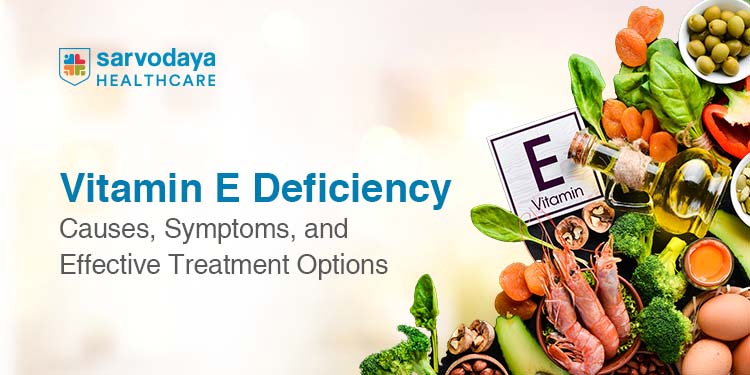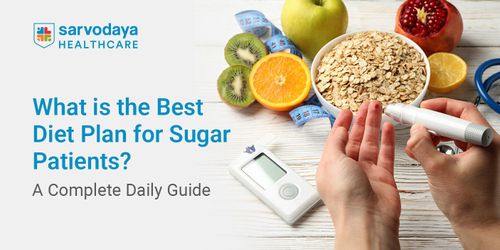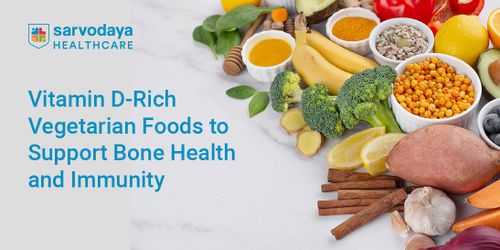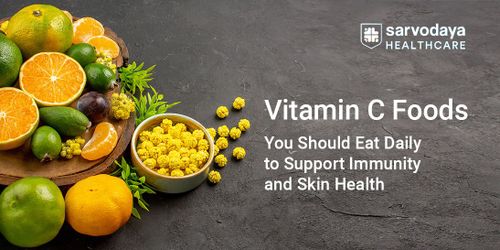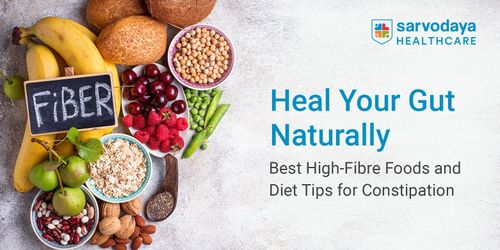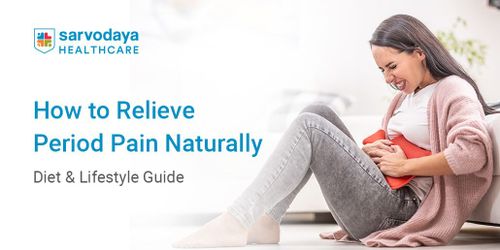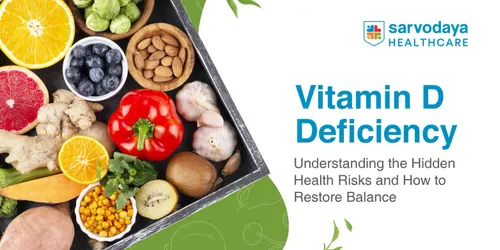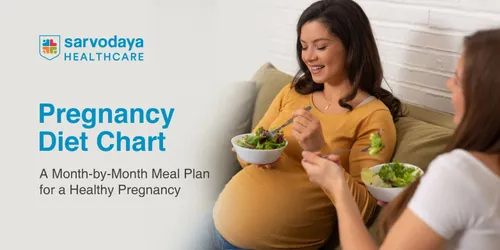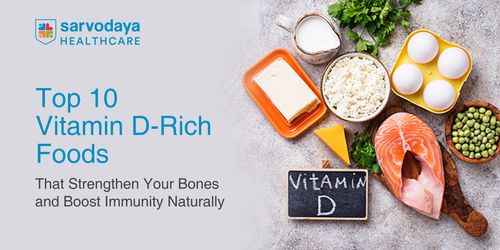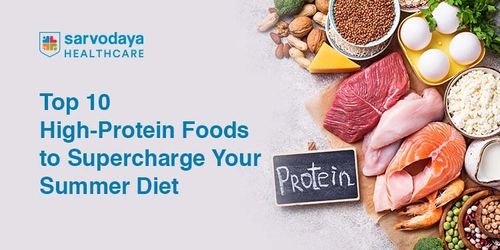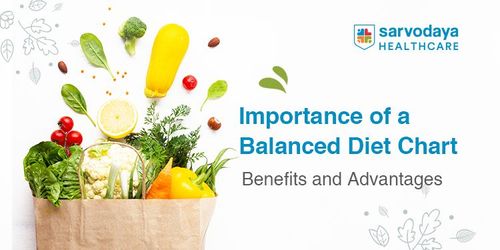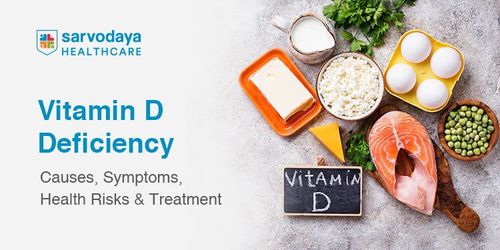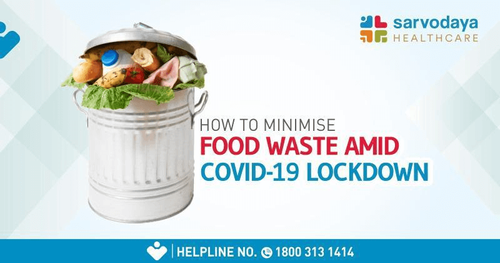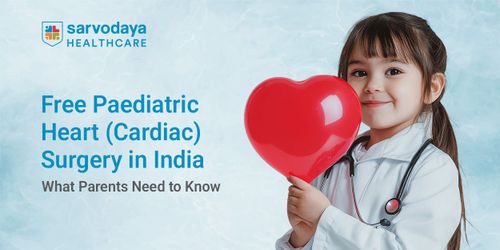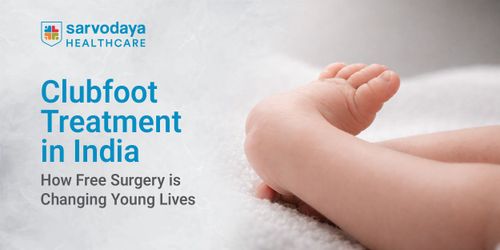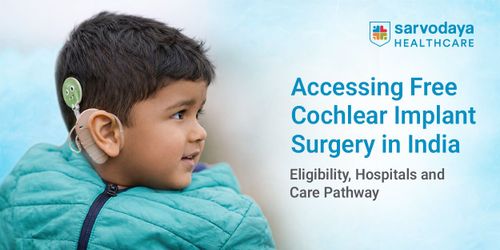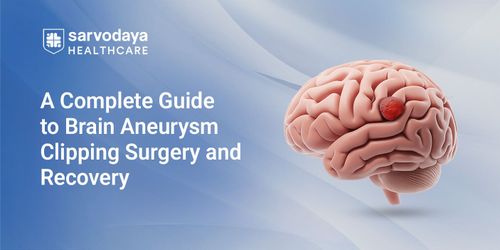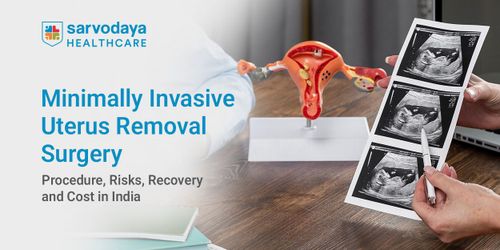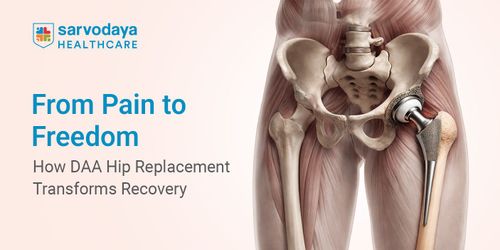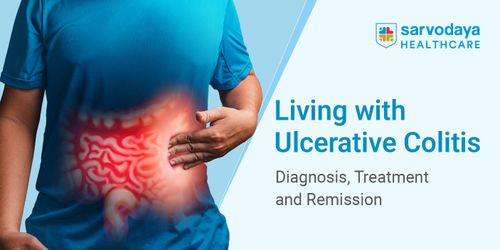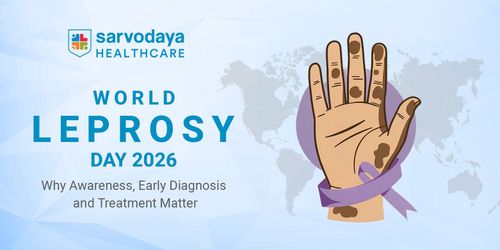In this blog, we explore the vitamin E deficiency cause, its symptoms, and the best ways to address and prevent it.
Understanding Vitamin E: An Essential Nutrient
Vitamin E is a fat-soluble nutrient found naturally in many foods and available as a dietary supplement. It acts as a powerful antioxidant, helping to combat free radicals that damage cells.To function optimally, our bodies need a consistent supply of this essential vitamin. The vitamin E daily requirement varies depending on age, gender, and health condition.
Here’s a quick reference:
- Adult women (including during pregnancy): 15 mg per day
- Lactating women: 19 mg per day
Maintaining these levels helps prevent a wide range of complications that stem from a lack of this vital nutrient.
Causes of Vitamin E Deficiency
While vitamin E deficiency is relatively rare in individuals who consume a balanced diet, certain underlying conditions and lifestyle factors can significantly increase the risk.Below are some of the most common causes:
- Fat absorption disorders such as Crohn’s disease, coeliac disease, or cystic fibrosis interfere with the body’s ability to absorb fat-soluble vitamins.
- Genetic conditions like abetalipoproteinemia or ataxia with vitamin E deficiency (AVED), which inhibits vitamin E transport in the body.
- Premature birth, especially in infants with low birth weight, can limit the absorption of vitamin E.
- Very low-fat diets sustained over long periods, which reduce the availability of fat needed to process vitamin E.
- Liver disorders, which affect bile production, are essential for fat breakdown and absorption.
Recognising the Symptoms of Vitamin E Deficiency
In its early stages, symptoms of deficiency of vitamin E may be subtle or mistaken for other health issues. However, as the deficiency progresses, symptoms can become more pronounced and potentially serious. Since vitamin E plays an essential role in nerve and muscle function, deficiency can significantly impact these systems.It’s important to listen to your body and seek medical advice if you experience any of the following:
- Muscle weakness: May be caused due to damage to the central nervous system and muscle fibres.
- Vision problems: Such as blurred vision or difficulty focusing, caused by retinal degeneration.
- Numbness and tingling: Especially in the hands and feet, may indicate nerve damage.
- Poor coordination and balance: Often due to the weakening of nerve signals.
- Weakened immune response: Makes you more prone to infections and slower recovery.
Why Vitamin E is So Important: Benefits You Shouldn’t Ignore
Often underappreciated, vitamin E benefits extend far beyond its role as an antioxidant. It protects cells from oxidative stress, supports immune function, and contributes to the overall maintenance of our skin, eyes, and internal organs.Let’s look at some of the most impactful vitamin E benefits:
- Acts as a powerful antioxidant: Helps to neutralise free radicals and reduce oxidative stress that can lead to chronic diseases.
- Supports immune health: Enhances the function of T-cells, which are critical for defending against viruses and bacteria.
- Improves cardiovascular health: Prevents the oxidation of LDL cholesterol, which is a known risk factor for heart disease.
- Reduces inflammation throughout the body: Aids in the management of conditions such as arthritis and asthma.
- Promotes eye health: Reduces the risk of age-related macular degeneration and cataracts.
- Enhances skin regeneration: Helps heal wounds and reduce scars.
Sources of Vitamin E: What to Eat
A nutrient-rich diet is the most sustainable and effective way to maintain adequate vitamin E levels. Fortunately, there are plenty of natural vitamin E foods that can be easily incorporated into daily meals to support overall health.Below is a list of readily available vitamin E foods that you can include in your diet:
- Almonds: One of the richest natural sources of vitamin E.
- Sunflower seeds: A great snack or salad topper, high in both vitamin E and healthy fats.
- Spinach: A versatile leafy green that’s also rich in iron and magnesium.
- Avocados: Creamy and heart-healthy, perfect for toast or smoothies.
- Wheat germ oil: Often used as a supplement or added to shakes.
- Fortified cereals: A convenient option for busy mornings.
- Hazelnuts and peanuts: Excellent for snacking or baking.
Meeting Your Daily Needs
Even with a balanced diet, it's essential to be aware of how much of each nutrient you're actually getting. If you’re wondering how much vitamin E per day for a woman, the general guideline is 15 mg (22.4 IU). This can typically be met through a healthy diet that includes nuts, seeds, leafy greens, and healthy oils.Here are some tips to help meet your vitamin E daily requirement:
- Include a handful of almonds or sunflower seeds in your snacks or breakfast.
- Cook with plant-based oils like sunflower, safflower, or olive oil.
- Add green leafy vegetables like spinach or kale to salads, soups, or smoothies.
- Choose fortified cereals or whole grains for your first meal of the day.
- Use avocados in sandwiches, salads, or as a spread.
Treating and Preventing Vitamin E Deficiency
If you suspect a deficiency, it’s important to seek medical advice. Your doctor may recommend blood tests to measure vitamin E levels and evaluate the root vitamin E deficiency cause before starting treatment.Here’s how you can treat and prevent vitamin E deficiency effectively:
- Dietary changes: Ensure your meals are rich in healthy fats and include various vitamin E foods.
- Supplements: Take vitamin E capsules under medical supervision. The benefits of vitamin E capsules include quick replenishment of body stores and support for skin and neurological health.
- Address underlying issues: If the deficiency is due to malabsorption, treating the primary condition is crucial.
- Monitor levels: For individuals with chronic illnesses or on restricted diets, regular check-ups are important to avoid deficiency.
Conclusion
Vitamin E deficiency may not always make headlines, but its impact on our health is significant. From weakening the immune system to affecting nerve function, skin, and hair, a lack of this essential nutrient can cause a range of avoidable issues. If you're experiencing any of the symptoms of a deficiency of vitamin E or are unsure whether your current lifestyle supports your nutritional needs, a professional evaluation can provide the clarity you need.At Sarvodaya Hospital, Faridabad, our team of experienced healthcare specialists offers personalised nutritional assessments, lab testing, and expert treatment plans to help manage and prevent vitamin deficiencies. A preventive consultation at Sarvodaya can help you understand your vitamin E daily requirement and determine how much vitamin E per day for a woman, tailored to your individual needs.
Make the right nutritional choices today, and let Sarvodaya Hospital be your partner in health every step of the way.
Book an Appointment-Call Now: 1800 313 1414


